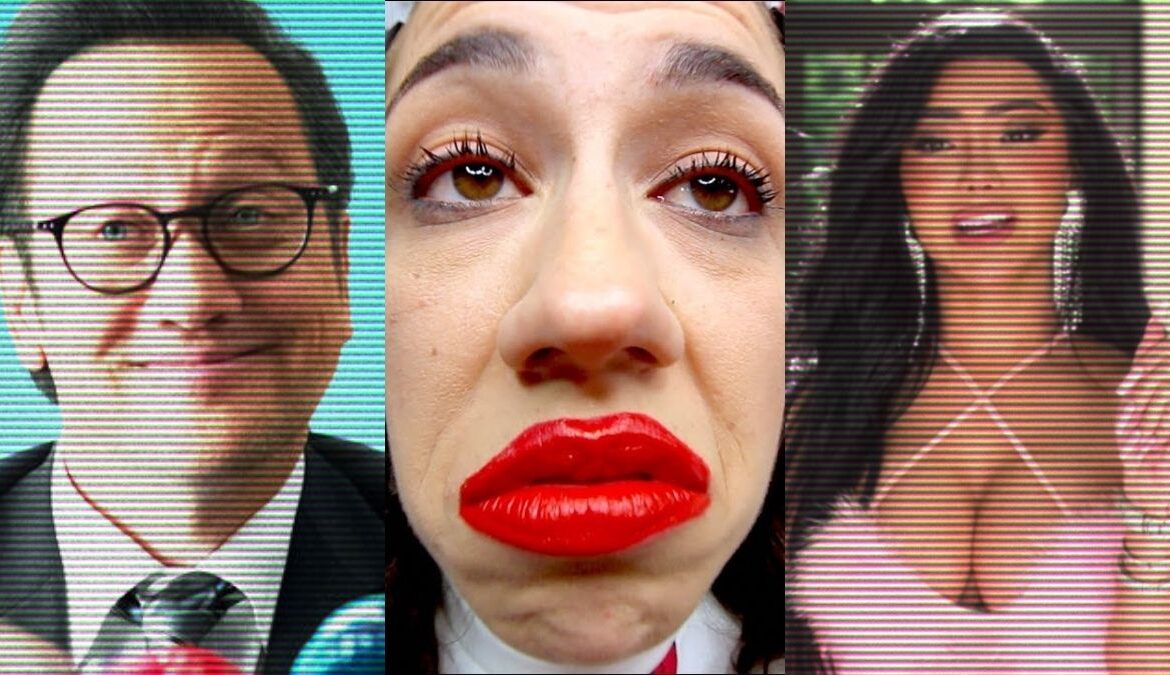Netflix’s track record of original programming is actually pretty impressive. In fact, along with true crime dramas and documentaries, the industry-leading service has forged a reputation for the quality of its self-made shows. Massive hits like Stranger Things, Narcos, Making A Murderer, The Last Dance, BoJack Horseman and The Crown have all helped dispel the notion that the only shows worth watching are the ones made for mainstream TV networks. For great original content, streaming services are often where it’s at.
Sadly, not every gamble pays off, and while Netflix execs are always hoping to have the next Cobra Kai on their hands, nothing in life is ever so certain. From martial arts misery to soulless sitcoms and teen travesties, here are the ten worst Netflix original series you can frankly afford to miss.
10. Iron Fist
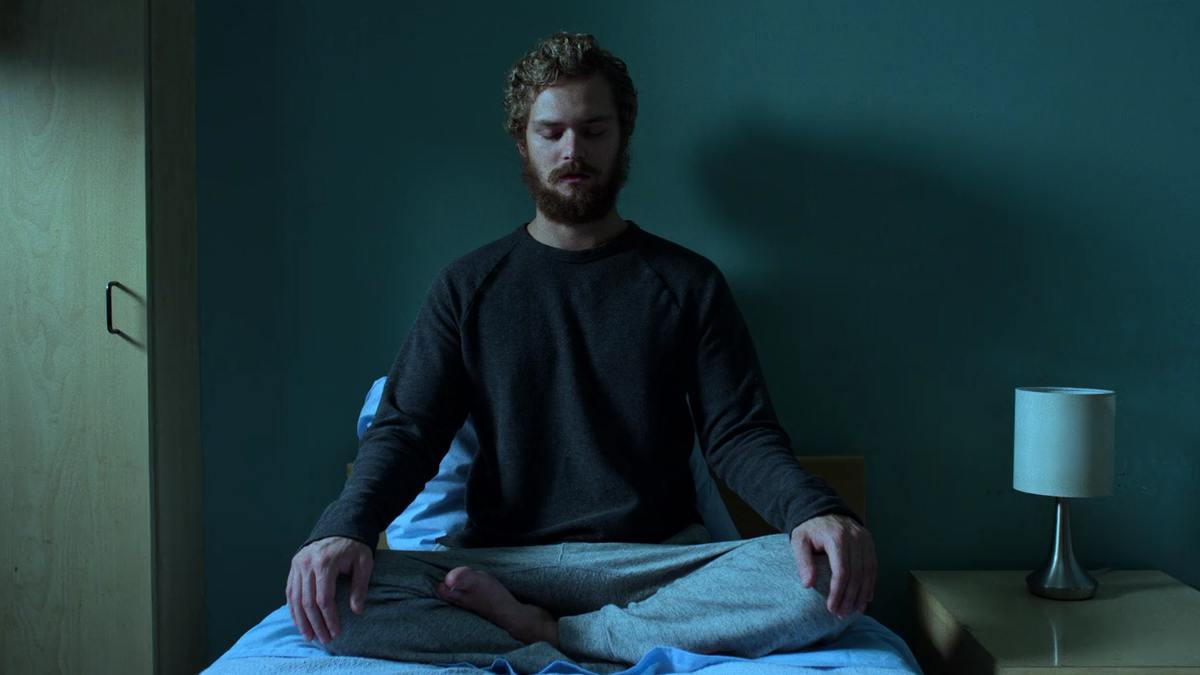
Seasons: 2
The great irony of Iron Fist was that it always felt ironically wet and soggy for a show that has iron in the title, a bland, limp affair that spends most of its time meandering towards plot points that aren’t of much interest to anyone anyway.
There are some things to like. David Wenham is great as the gravel-voiced and utterly sinister co-founder of Rand Enterprises Harold Meachum, as is his slimy, drug-addicted son Ward, played by Tom Pelphrey, but the show’s decent cast is always fighting against a middling script and occasionally slightly rickety production values to really excel.
Iron Fist’s biggest problem, however, is Danny Rand himself, a blank canvas of a character who exhibits very little of the heroism, likeability, or personality that other Marvel shows had managed to exhibit from the rest of the Defenders supergroup. It’s hard not to watch Danny sulk every ten minutes and wonder why the series isn’t revolving around Jessica Henwick’s far more capable and charismatic Colleen Wing instead.
Self-obsessed, temperamental and with all the heroic bearing of your moody cousin who still lives in their parent’s basement, Iron Fist is built around a central protagonist who never grows into anybody particularly likeable or interesting. He may have the awesome power of making one hand glow for brief periods like an IKEA novelty lamp, but in a show where Danny’s powers take so long to materialise, that isn’t quite enough to save Iron Fist’s overriding dullness.
9. Pacific Heat

Seasons: 1
Pacific Heat can be comprehensively summarised in three simple words: Archer in Australia. Pretty much everything about Netflix’s foray into adult-centric animation owes a debt to Adam Reed’s spy caper, from its self-obsessed central protagonist and his more serious and competent female sidekick, all the way to the setups of most of the episodes and the comic beats and rhythms the FX series had already established when it launched in 2009.
Comparisons to an excellent show aren’t necessarily a bad thing, but Pacific Heat’s clear debt to its superior counterpart, coupled with the fact that it looked as though it was made on about a tenth of the budget, didn’t help fans warm to it. There are some ok gags and quickfire workplace quips in and among the mediocrity, but the pervasive feeling that you’re just watching Archer Down Under sullies any wit or grace exhibited.
Most problematically of all for Pacific Heat was its seemingly un-ironic treatment of its foreign or non-white characters, with some of the show’s Asian figures, for instance, portrayed with such a lack of grace and sensitivity that they make Karate from Danger Mouse look like a bold step forward in the plight for inclusive representation.
8. Haters Back Off!
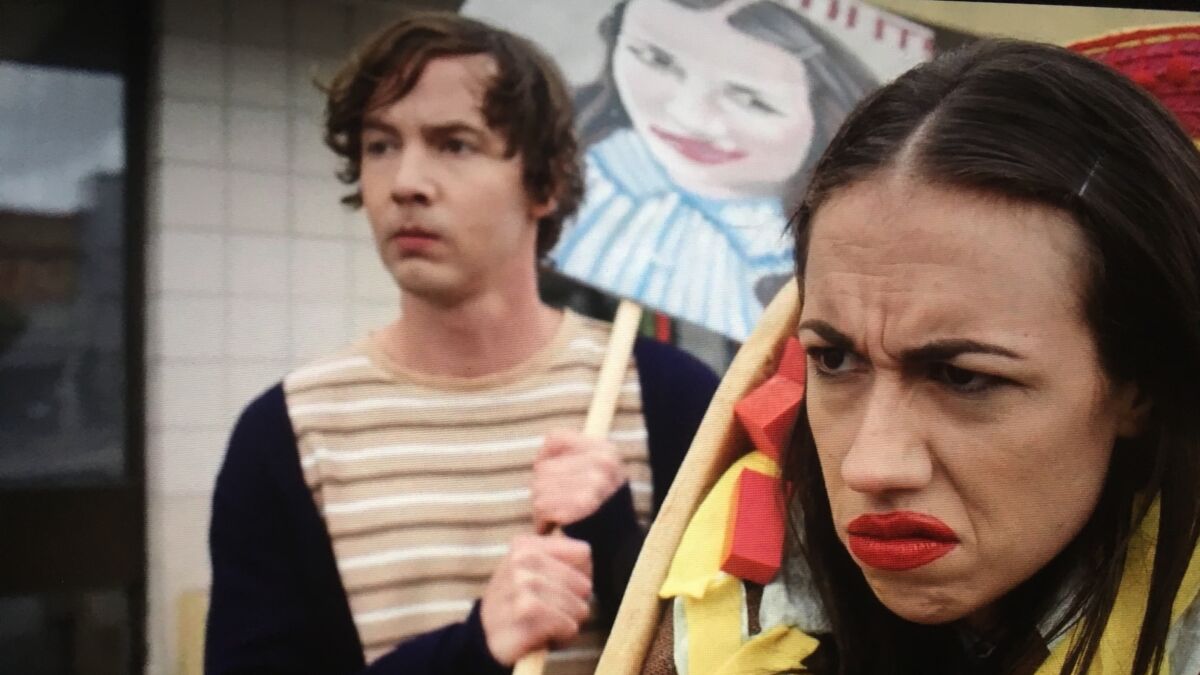
Seasons: 1
Haters Back Off! is certainly the sort of title that grabs your attention. Netflix’s 2016 comedy charted the life of Miranda Sings, a fictional YouTube star created and portrayed by Colleen Ballinger. Miranda is an obvious but potentially fruitful comic creation, an utterly reprehensible, inexplicably confident and self-absorbed wannabe teen star completely lacking in self-awareness, style or any discernible talent.
Transitioning from YouTube to a new format is an infamously tough trick to pull off, not least because the online world of self-made entertainment is so radically different in tone, format and of course target audience than traditional media such as mainstream TV or cinema. See, for example, Fred: The Movie as the ultimate case in point.
Not all of the laughter was lost when Haters Back Off! transitioned to Netflix, but many critics couldn’t shake the conviction that it was a move that deprived the series of its charm rather than contributing to it. Added to that the fact that most of the show’s target audience probably preferred it on its original platform and in its original incarnation anyway, and the decision to pull the plug after a solitary season makes much more sense.
7. Richie Rich
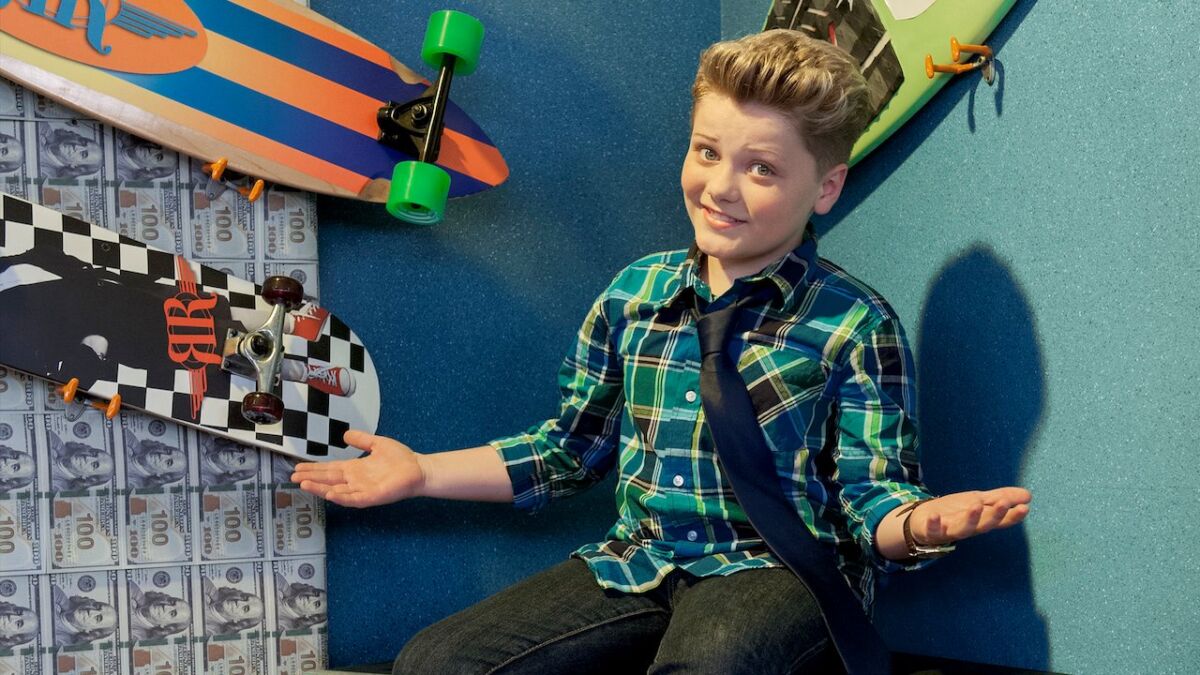
Seasons: 2
It’s hard to make children likeable on TV. Not a particularly kind thing to say,, but an inescapable truth nonetheless. If there’s one guaranteed way to make a child even less watchable when fronting his or her own sitcom vehicle, it’s to introduce the idea of said youth possessing the sort of eye-watering, wallet-splitting wealth to which you can only vainly aspire.
Richie Rich is obviously a take on the moderately popular Macaulay Caulkin movie vehicle of the same name (and the comic strip that preceded it), and there could have been some moral lessons to learn amid the money-soaked wish-fulfilment aspect of the show’s zany setup. Sadly, Richie Rich failed to make its central protagonist likeable, and thus made it impossible for audiences to root for the child who had it all.
Adults and kids alike should invest their time elsewhere.
6. Between
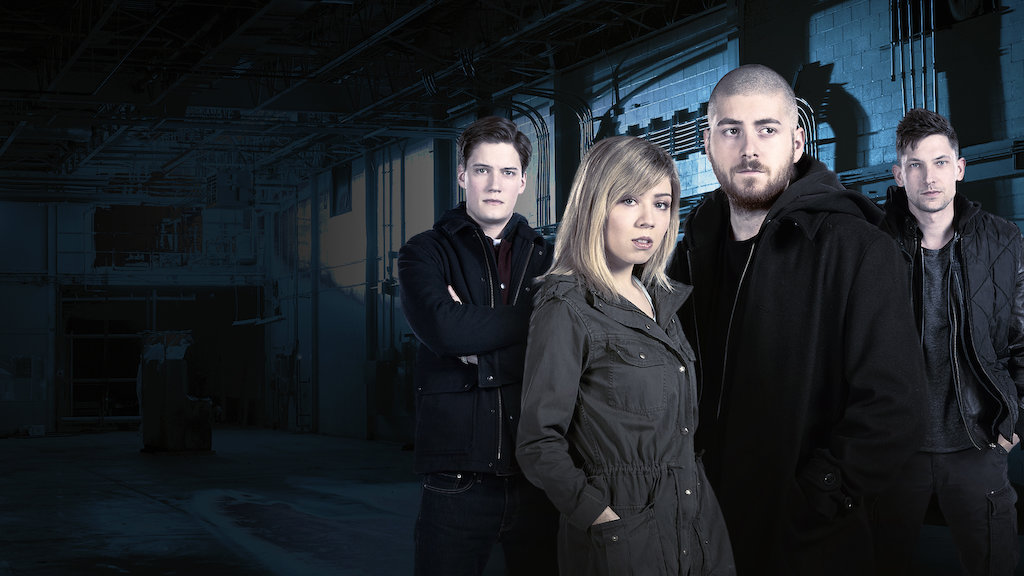
Seasons: 2
Imagine the atrocious M. Night Shayamalan disaster movie The Happening crossed with The Leftovers with a hint of Riverdale and you have a startlingly unconvincing post-apocalyptic teen drama thingamabob that sees everyone over the age of 21 dying from a mysterious disease (probably chronic back pain).
It’s a silly premise to begin with, a premise that the show never negotiates with any real conviction or nuance, instead opting for ponderously dull pacing and storytelling peppered with characters who are impossible to care about.
With clunky writing and even clunkier delivery, Between often comes across like an amateur high school production of The Road rather than something that’s supposed to be taken seriously – the fact that the show’s setting is literally called Pretty Lake should give you some indication of the subtlety levels on display.
Like the show’s citizens themselves, Between’s time on this Earth was cut mercilessly short, and it survived for just two seasons before finally succumbing with a whimper.
5. Real Rob
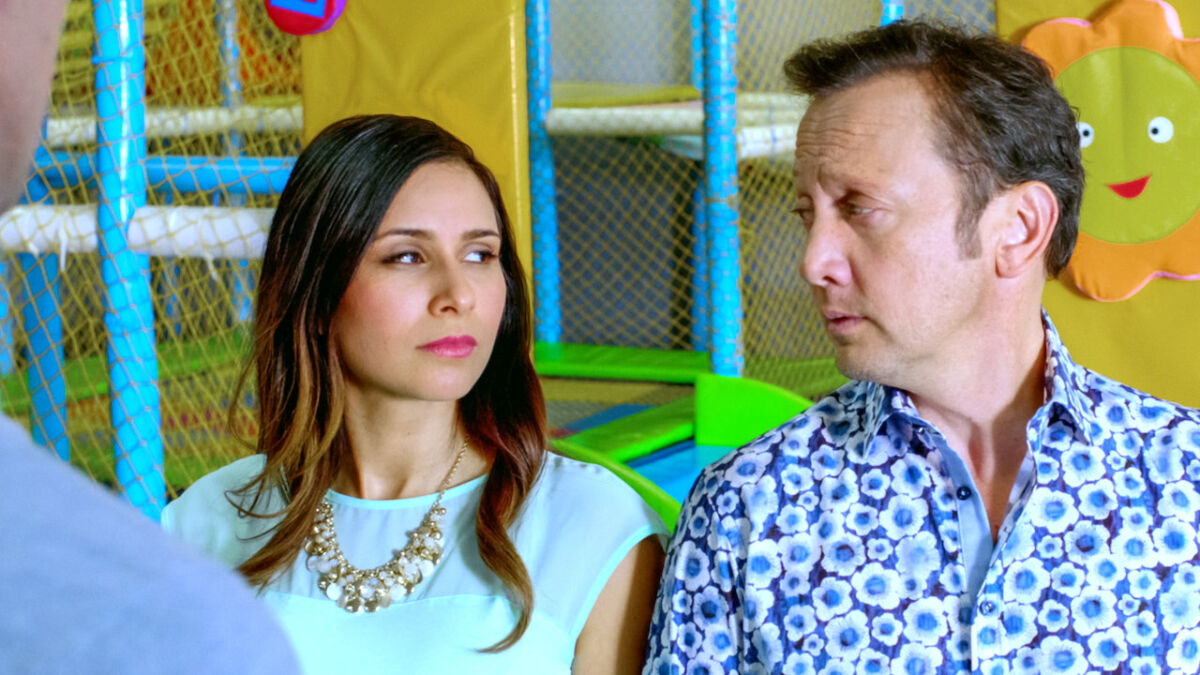
Seasons: 2
Did you ever wonder what life is really like for the star of Deuce Bigalow: European Gigolo when the cameras weren’t rolling on his hilarious knockabout escapades? Of course you didn’t, but that didn’t stop Rob Schneider of The Hot Chick fame from fronting Real Rob, a semi-autobiographical dig into the life of one of America’s most mediocre comic talents.
If the concept brings to mind the anxiety-inducing society faux-pas commentary of Larry David’s Curb Your Enthusiasm or the heartwarming misanthropy of Louis CK’s Louis, it shouldn’t. Real Rob is to those shows what Gotti is to The Godfather, a vain attempt at authenticity that comes across, ironically enough, as both lame and inauthentic in equal measure.
With a 0% critical score on Rotten Tomatoes contrasting with an 80% Certified Fresh audience aggregate, Real Rob is another inexplicable case of what will go on to be termed ‘Grown Ups’ syndrome – terrible creations that somehow elicit staggering returns.
4. Inventing Anna
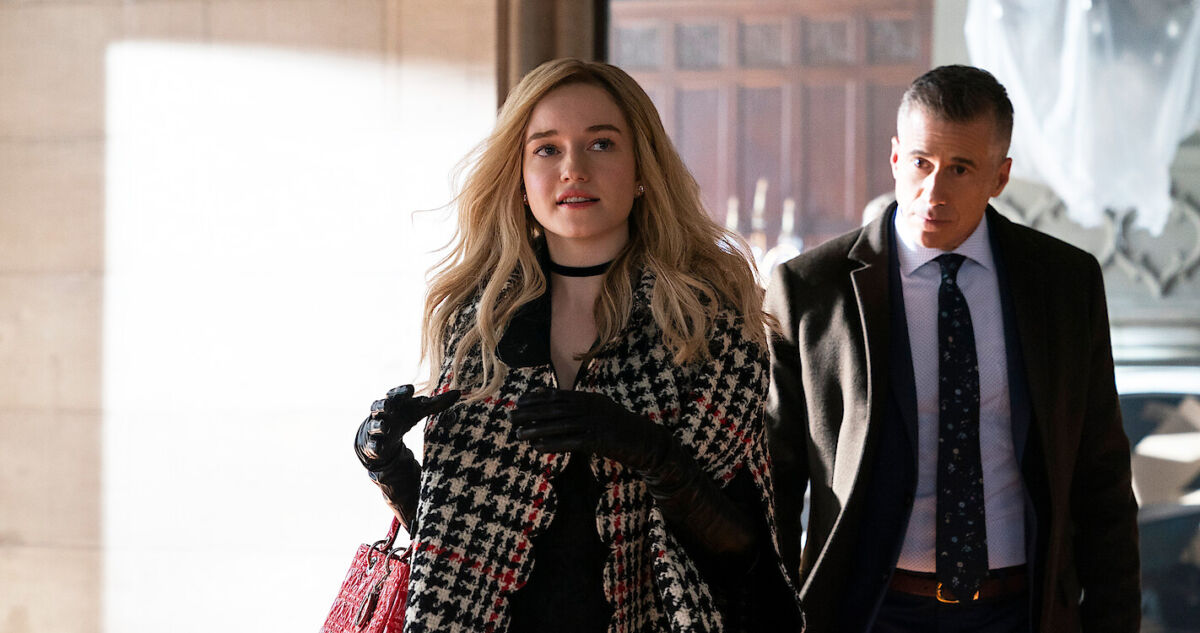
Seasons: 1
2022 has been the year of the charlatan. Politics aside, the streaming schedules have suddenly been inundated with various series charting the respective rises and falls of a variety of hacks and phoneys, all of whom have been caught out pretending to be something they’re not. The Tindler Swindler went on to be another of Netflix’s smash true-crime docu-hits, while Amanda Seyfried-fronted The Dropout met with broad acclaim when it dropped on Hulu and Disney Plus.
One of the trend’s less convincing offerings has been the strikingly average Inventing Anna, a cheap, irritating piece of fluff that lacks either the depth or conviction of its more esteemed fraud-focused counterparts. Following the cons and contrivances of faux Russian heiress Anna Sorokin / Delvey, Inventing Anna undermines its message by appearing shallow and tacky, as though designed to appeal solely to teenagers, adolescents and the very easily entertained.
The story of Sorokin is undeniably an interesting one, but Inventing Anna’s wildly varying tone that lurches from pantomime to self-congratulatory investigation undermines any serious credibility. Don’t be fooled. It isn’t worth your time.
3. Girlboss
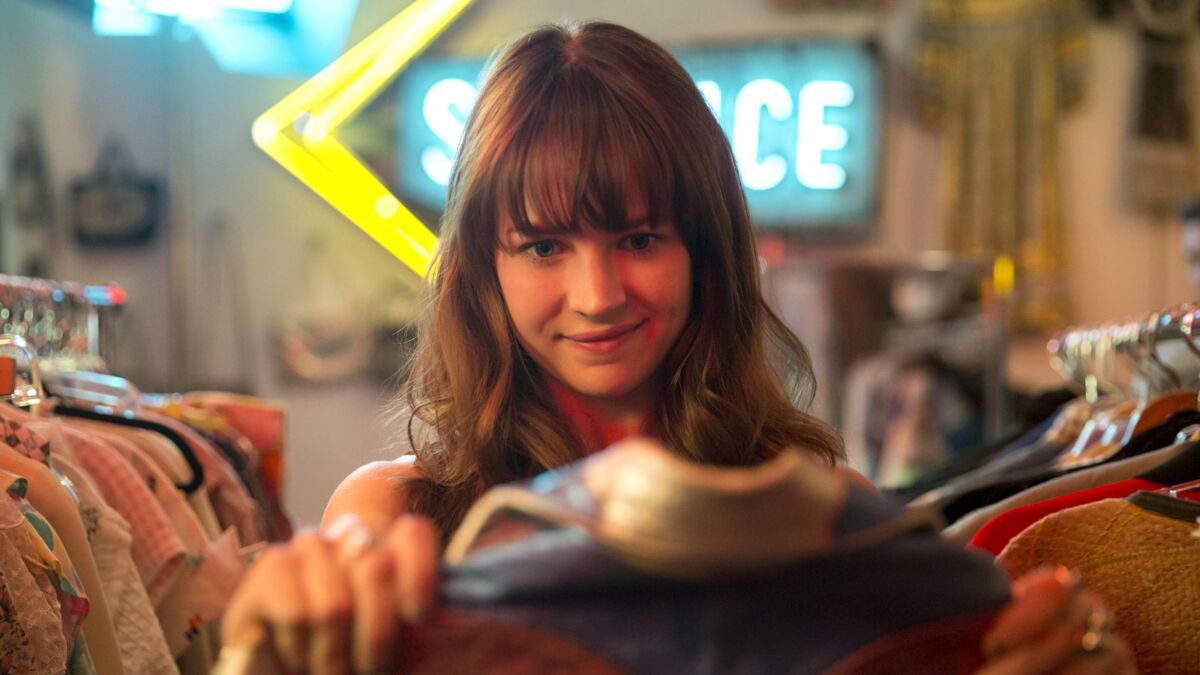
Seasons: 1
Inspired by Sophia Amoruso’s best-selling autobiography of the same name, Girlboss charts Amoruso’s journey from rebellious maverick to founder of the million-dollar fashion label Nasty Gal. Supposedly an inspiring story of third-wave feminism succeeding in the male-dominated patriarchy of big business, Girlboss only managed a single season thanks to its confused message, irksome protagonist and distinct lack of proper character development.
The Guardian was particularly scathing of the show’s main protagonist, pointing out how incredibly difficult it was to root for a character who seemed to possess so few redeeming qualities. Calling Girlboos an “astonishingly tone-deaf excursion” for Netflix, the review went on to describe the show’s central figure as a “preening, feckless, millennial” who exhibits “ever-so-entitled rudenesses” to the various residents of San Francisco who have the misfortune of crossing her vulgar path.
Girlboss wasn’t an inherently bad concept, and there’s certainly no shame in trying to champion the story of somebody who worked their way up from humble beginnings, but making the show’s central protagonist so detestable undermined any message of inspiration or sincerity that may have made watching it in any way tolerable.
A Horrible Boss that deservedly got the sack.
2. Chasing Cameron
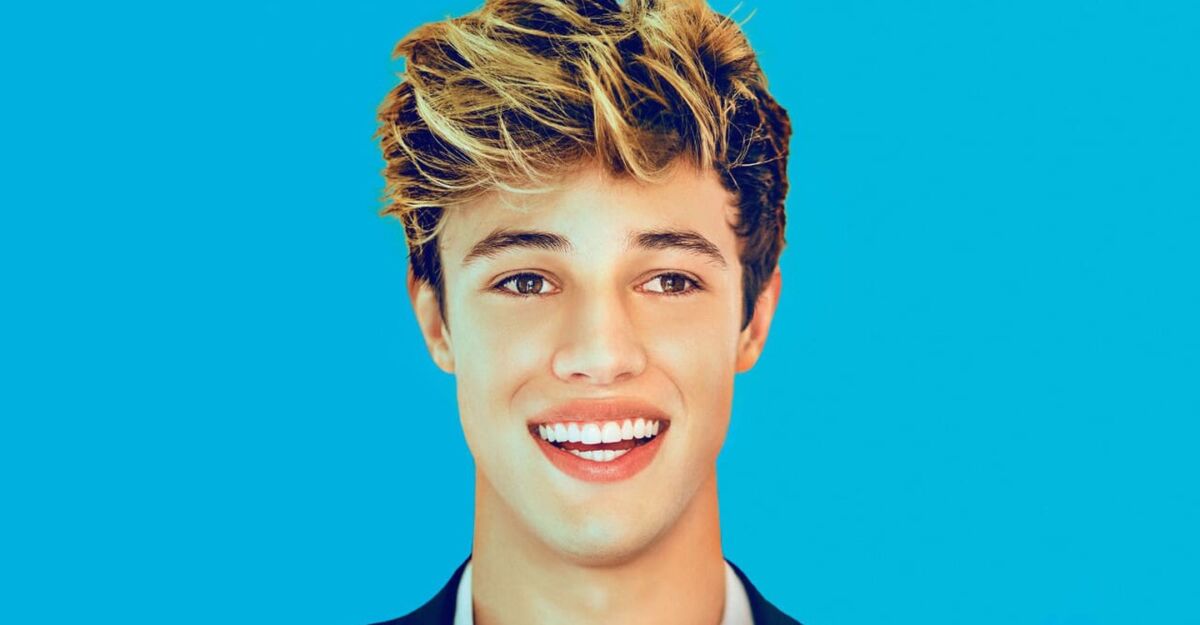
Seasons: 1
No matter how vapid, pointless and irrelevant they may be, easily influenced teenage girls must have their idols. 2016’s heartthrob de jure was none other than Cameron Dallas (we don’t know either), a squeaky clean walking haircut who found fame on defunct social media platform Vine presumably thanks to having access to some expensive hair products and an appropriately proportioned jawline.
Shows centering on pointless stars and their fleeting fame are never worth getting too worked up over given the ultimate futility of trying to prevent their unshakeable popularity, but it’s hard not to get irritated about the show that didn’t get made in order to give Chasing Cameron the space and resources it needed to be commissioned instead.
The reality vehicle is so transparent and inconsequential that it’s hard not to regard it (and any show of its ilk) as utterly exploitative of its target market, as cynical profiteering designed to appeal to perhaps the most easily manipulated demographic on the face of the Earth. Unless you’re chasing the worst Netflix original series you can find, maybe avoid Chasing Cameron.
1. Hype House
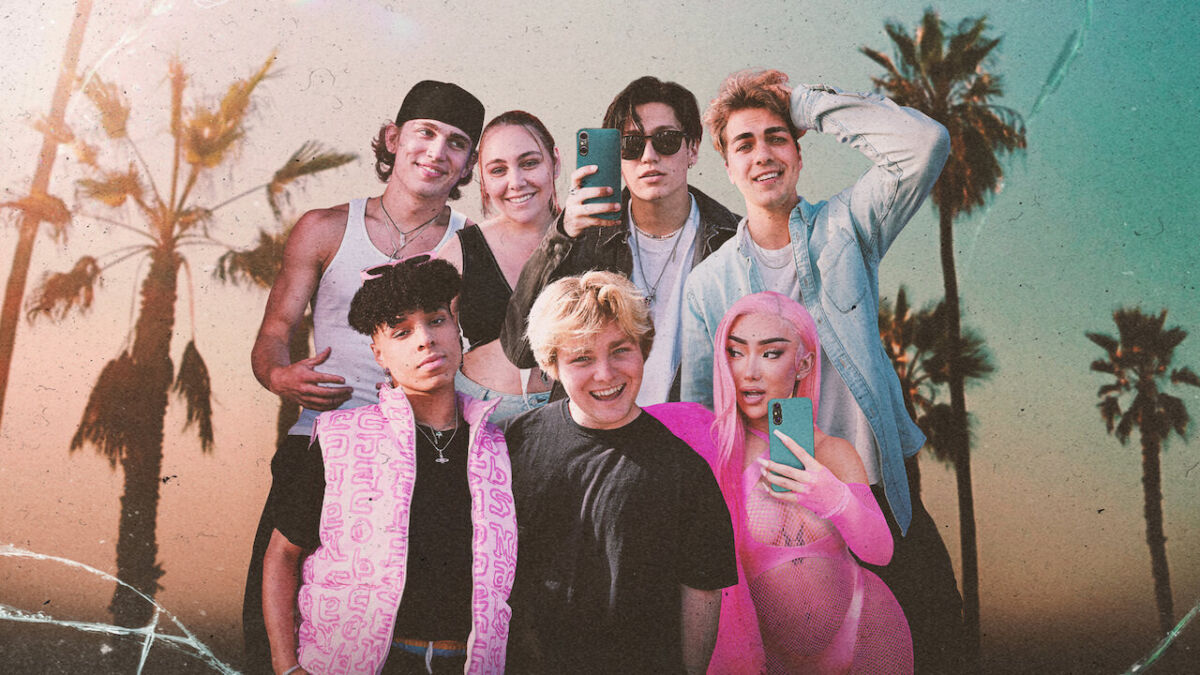
Seasons: 1
Is it worth getting angry about Hype House?
The argument that it isn’t would be that Hype House isn’t a show to be taken seriously. It’s just a light, throwaway affair made by Generation Z-ers and aimed squarely at the under-15s, a piece of sub-reality ephemera that takes the party house/ Big Brother format and transfers it to a group of TikTok stars as they create content and mess around in a brash but ultimately harmless way.
This is the culture of the young, for the young, the sort of thing that may appear impenetrable to outsider eyes but has meaning and significance to those participating. Begrudge it all you like, but success is success, no matter how it’s obtained, and if there’s a market for sub-Jackass pranks, ‘comedy’ skits and POV cam confessionals, so be it. That is today’s market, and while it may soon be time for Millennials to ditch Snapchat and Facebook in favor of The Spectator and the FT, the new youth must have their own distinct and impenetrable culture.
The counter to this perfectly rational argument is that TikTok, YouTube and the Hype House itself are all symptomatic of something rather unnerving: that we have as a society raised a generation of self-obsessed, self-absorbed, talentless hacks jerking out pathetic dance routines as they seek approval from hordes of their equally dunderheaded friends.
The thought of twenty-year-old cossetted Gen-Zers gurning into an iPhone lens while laboring under the erroneous illusion that they’re performing ‘hard work’ is irritating at best and infuriating at worst. It’s tough not to feel that these are people with no discernible talent or value, and that they instead represent the lowest common denominator in a world only interested in how people look or how low they’ll stoop to jump on the back of the latest lame cultural trend. If that happens to be your view, Hype House is, without doubt, the worst Netflix original series of all time.
READ NEXT: 15 Underrated Netflix Shows You Should Watch
Some of the coverage you find on Cultured Vultures contains affiliate links, which provide us with small commissions based on purchases made from visiting our site.
